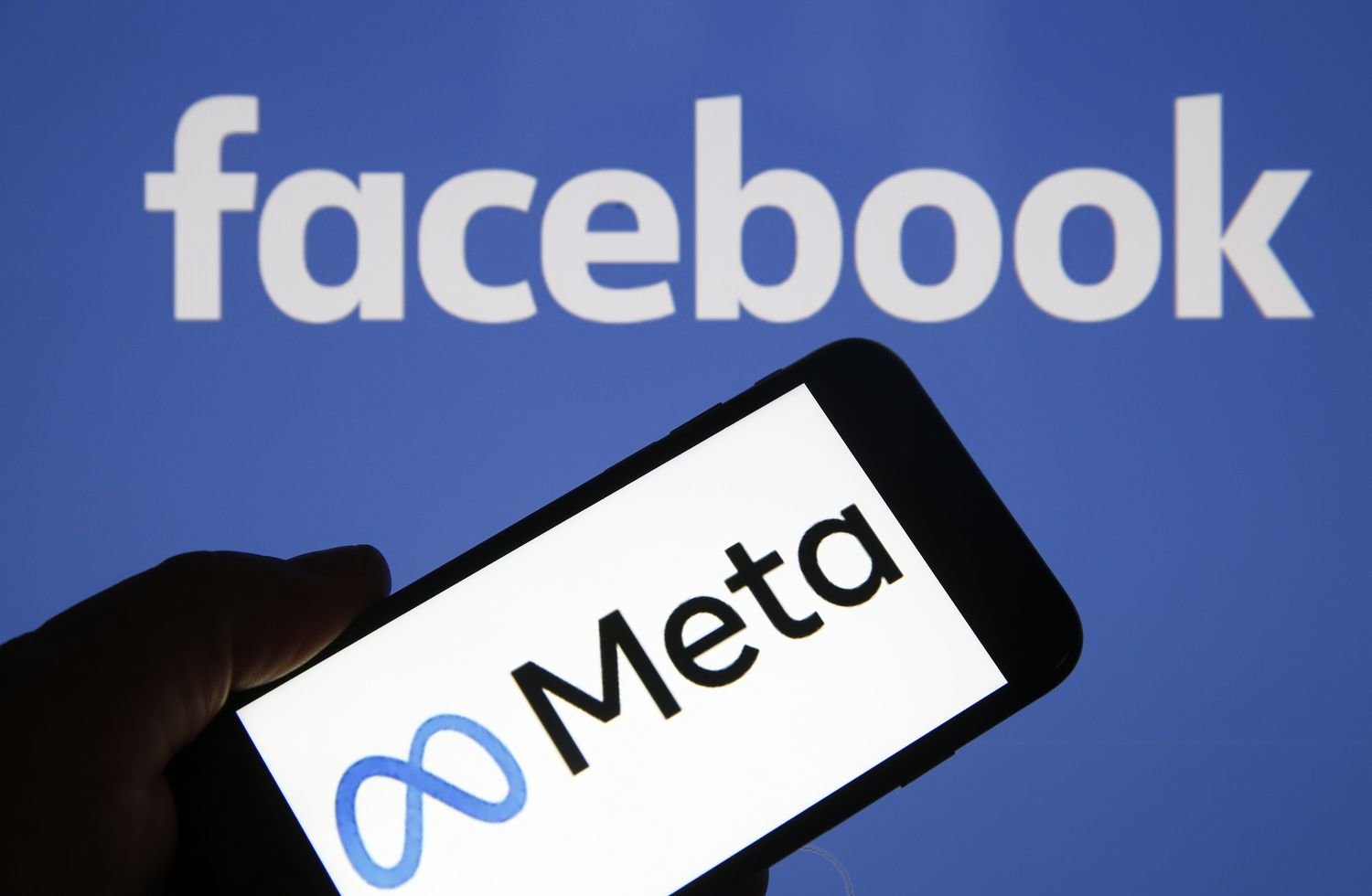
In today's digital wave sweeping the world, technology giants are shining like stars, leading the pace of The Times. As their influence has grown, however, so has the specter of regulation. Recently, the European Union has imposed a huge fine on the US company Meta (formerly Facebook), which has not only shaken the tech world, but also triggered a broad discussion about digital regulation around the world. So, what's the story behind this ticket?
The EU's penalty against Meta stems from irregularities in its data processing policies. Meta has long been controversial in terms of user data processing, privacy protection, and advertising. After a lengthy investigation, the European Commission concluded that Meta violated the EU's General Data Protection Regulation (GDPR) in its handling of user data, and imposed a multi-billion euro fine. This decision is not only a stark warning to Meta, but also a strong signal to all global tech giants that the EU will have zero tolerance when it comes to data protection.
The EU has a history of strict regulation of the digital sphere, which is closely related to its unique political, economic and cultural context. As the continent's economic and political union, the EU understands the importance of data protection to safeguard the rights of its citizens and promote fair economic competition. The introduction of GDPR is therefore seen as an important milestone for the EU in protecting citizens' privacy rights in the digital age. The GDPR not only stipulates strict principles that enterprises must follow when processing user data, but also gives users more data rights, such as data access rights, correction rights, and deletion rights.
For Meta, the EU's huge fine is undoubtedly a heavy blow. As one of the world's leading social media and advertising companies, Meta's core business relies heavily on the collection and analysis of user data. However, with the global awareness of data protection and the strengthening of regulation, Meta is facing unprecedented challenges in data processing.
On the one hand, Meta needs to continuously collect and analyze user data to optimize its products and services and improve the accuracy and effectiveness of advertising. On the other hand, strict regulatory policies require Meta to follow a strict legal framework in data processing to ensure that users' privacy rights are not infringed. This contradiction puts Meta in a dilemma between business development and compliance.
The huge fine imposed by the EU on Meta reflects the complex relationship between regulation and innovation in the digital age. With the rapid development of science and technology, digital giants have gradually formed an unshakeable market position with their strong technical strength and huge user base. However, this market position also brings many negative effects, such as data monopoly, privacy disclosure, unfair competition and so on.
As a pioneer in global digital regulation, the EU is well aware of the influence and potential risks of digital giants on the market. Therefore, through strict regulatory policies to restrict the behavior of technology giants, maintain fair competition in the market and the legitimate rights and interests of users, has become an important goal of the EU's digital regulation.
In addition, the EU's penalty against Meta also reflects its great importance to digital sovereignty. In the digital wave, countries are striving to compete for digital sovereignty to ensure their strategic interests in the digital age. By strengthening digital regulation, the EU aims to increase its voice and influence in global digital governance.
In addition, this incident also reminds us that in the digital wave, regulation and innovation are not irreconcilable contradictions. By building a sound regulatory system, it can not only protect the legitimate rights and interests of users and fair competition in the market, but also promote the innovation and development of science and technology. Therefore, countries should work together to strengthen international cooperation and exchanges in digital regulation and jointly address the challenges and opportunities of the digital age.
In short, although the EU's huge fine against Meta company is shocking, it reflects the complex relationship between regulation and innovation in the digital era and the profound changes in global digital governance. In the future development, we should actively respond to these challenges and opportunities, and promote the continuous improvement of the global digital governance system and the continuous innovation and development of science and technology.

Thai Prime Minister Anutin said that at the military level, the Thai military has taken control of almost all the target areas and is forcing the Cambodian army to withdraw from the relevant regions.
Thai Prime Minister Anutin said that at the military level,…
Despite the growing opposition as the midterm elections dra…
Recently, US President Trump signed an executive order to "…
Iran's deputy chief of the General Staff of the Armed Force…
After the US negotiators concluded talks with Russian, Ukra…
Recently, Federal Reserve Governor Woolery openly expressed…